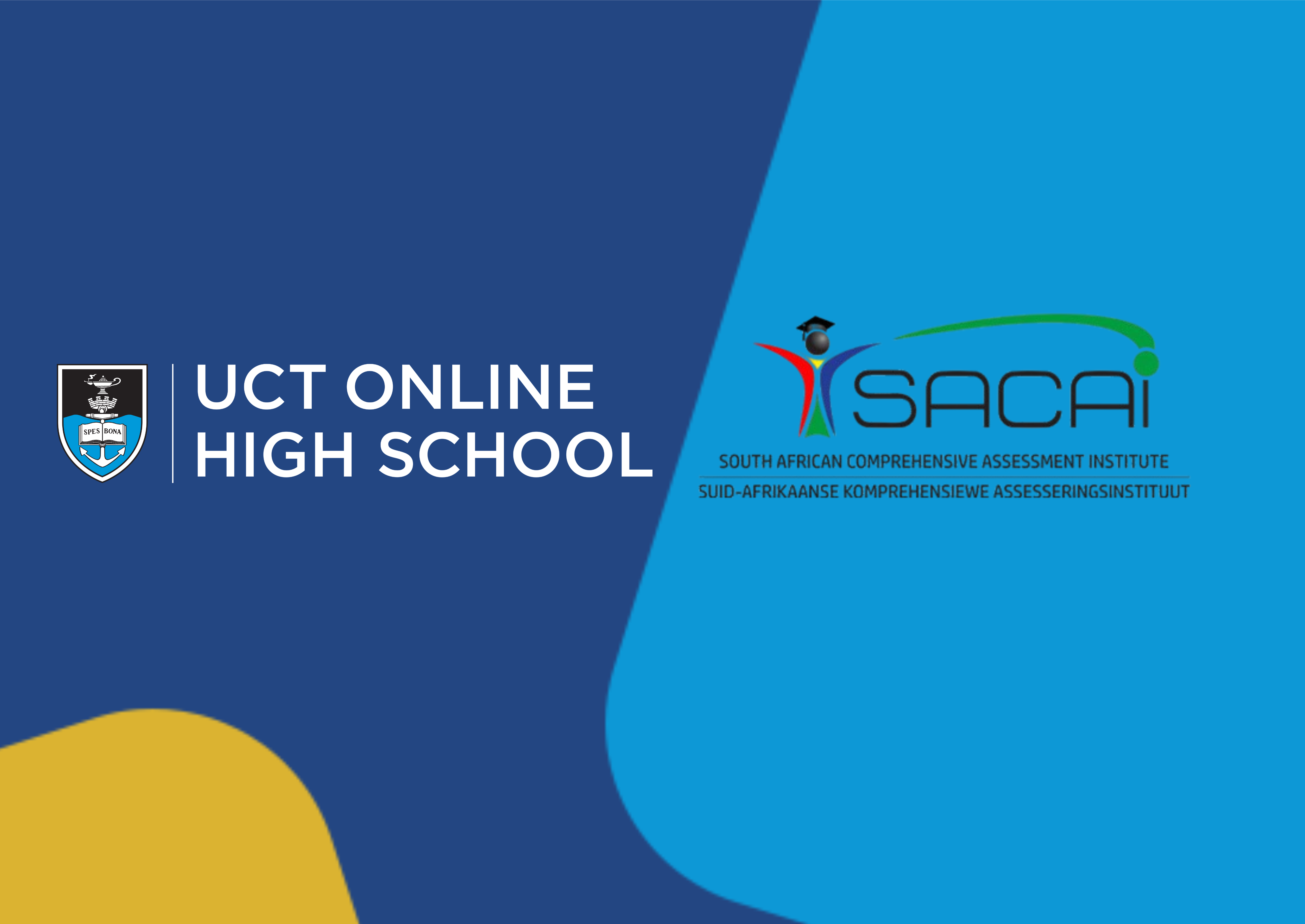NSC, NCV, CAPS, IEB: South Africa’s education system is filled to the brim with important acronyms. As the parent or guardian of a Grade 7 learner who’s beginning the high school application process, you need to understand the difference.
But between juggling your responsibilities at home and work, and navigating the confusing application process, you’ve already got a lot on your plate.
Journey along with us as we unpack these terms, and explain how they will affect your child’s journey through the school system.
And for more insights on the high school application process, follow along our series for knowledge on placement timelines, the differences when applying for high school across provinces, and what to do if you don’t get placed in your high school of choice.
The National Senior Certificate (NSC) meaning: What is it, and why does it matter?
The National Senior Certificate (NSC) is the qualification that’s awarded to learners who successfully complete Grade 12, also known as “matric”, in South Africa. It’s one of the avenues parents and guardians of South African learners can opt for.
The majority of private and public brick-and-mortar schools will allow your child to work toward their NSC. It’s also possible to obtain this qualification through online high schools, like the UCT Online High School NSC programme.
However, you’re also able to decide on other qualifications, like the National Certificate Vocational (NCV) for a vocational alternative for Grades 10 to 12, or the Advanced Subsidiary (AS) and Advanced Level (A Level) qualification, either instead of, or in addition to an NSC.
So, why does this matter? Well, for starters, this decision impacts the school curriculum your child will follow, as well as their access to subjects in high school, and their opportunities for tertiary education.
Curriculum choice
Schools that offer the NSC use the National Curriculum and Assessment Policy Statement, or CAPS as the basis of their curriculum. Among other things, CAPS outlines a list of approved school subjects, as well as the number of subjects in high school.
Private schools usually use CAPS to set out their curriculum, but run their exams independently through the Independent Examination Board (IEB).
Alternative offerings, like the AS and A Levels, make use of the Cambridge International curriculum, which is internationally recognised.
What subjects does the school offer?
Depending on the size of the school and its teaching capacity, schools will be able to offer different subject choices. The subjects on offer will also differ based on the qualification your child will be working toward.
You’ll need to keep this in mind when selecting a school, and guiding your child through their subject choice. Remember, this will affect the kind of programmes they can apply for at a tertiary level.
When working towards an NSC, your child will need to study two official South African languages (one Home Language and one First Additional Language), Mathematics or Mathematical Literacy and Life Orientation, as well as three elective subjects. Schools will offer a selection of 25 approved subjects for them to choose from. The South African languages on offer will also differ school to school.
Once more, if you decide to not go down the NSC route, there’s the popular Cambridge International, which offers a fully flexible curriculum and a wider subject list. Schools that work with this system will offer a selection of its 70+ subjects in any combination.
Tertiary study
To get their NSC, high school learners in Grade 12 must write examinations, between October and December. These marks, combined with other school based assessments from the year, will be used to calculate a pass mark. Depending on how they perform, learners are then able to access different kinds of tertiary institutions in South Africa.
The pass levels are:
- Bachelor’s Degree Pass
- Diploma Pass
- Higher Certificate Pass
- National Senior Certificate Pass.
Alternative curriculums like Cambridge International are internationally accredited. This opens up further opportunities for your child to study abroad, or even immigrate after high school.
Keep in mind that numerous international institutions do accept IEB NSC and NSC accreditations, without A Levels. But this isn’t true across the board, so do your research if this is important to you.
Enrol for an online NSC
Now that you understand the NSC meaning, as well as the other important terms used when discussing the South African education system, you’re ready to start the decision making process.
But if you still need some guidance, you can download our ultimate guide to the high school application process, which outlines everything you need to know: from application timelines, to the differences in provincial application processes.
And when you’re ready, reach out to one of our Admissions Consultants for general support and information on registering your child for an NSC online.





























